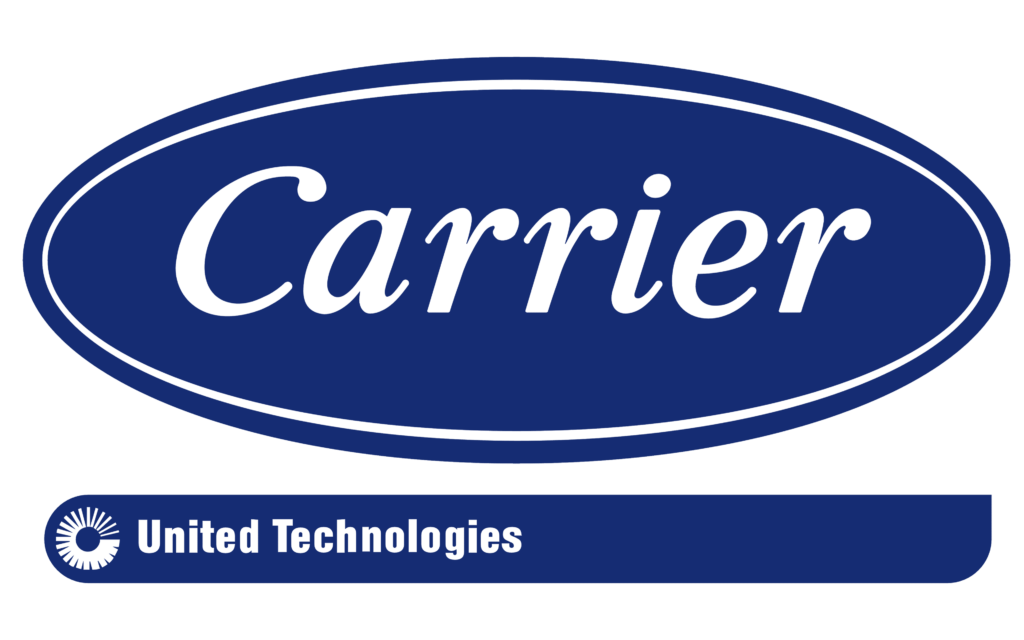Is it worth investing in a high-efficiency air conditioner?
The answer is yes, of course. But you should always be informed before making large purchase decisions.
Winter is almost over and as spring approaches, Florida will start feeling the heat. And if you live in the Sunshine State, you know how high energy bills get when you start working your air conditioning system harder.
Energy efficiency pretty much sells itself. However, people who have an air conditioner that works may be reluctant to invest in a brand new high-efficiency system. We’re going to tell you why it’s worth it.
Energy Savings
Keeping your home cool during hot Florida weather can be expensive. But you already know that because you live in Florida, right? And if you read our blog, you know by now that energy standards have changed. This is especially true for HVAC manufacturing. Old air conditioning systems were notorious energy suckers, and times have changed.
Think about Hummers. As popular as these vehicles once were because they were stylish, spacious and imposing, people stopped buying them because they consumed too much gasoline. And then they were discontinued in 2010 and became obsolete. The same could be said for any AC system manufactured more than a decade ago. While they may still work, they’re obsolete when it comes to energy efficiency standards.
We don’t really need to sell you on energy efficiency. But if you’re wondering whether or not it’s worth investing in a high efficiency air conditioner, here are some questions to consider:
How fast can I get a return on investment?
This question doesn’t have a solid answer. However, when running a high efficiency air conditioner, you’ll notice a decrease in your energy bills over time. And any money you save on your energy bills is a return on investment, so you will see the value as time goes on.
If patience is not a virtue you possess, you may be inclined to buy a cheaper AC system. And that’s fine, but you’ll also take a financial hit over time in higher energy bills. Or you may be reluctant to buy a brand new energy saving AC system because you just can’t afford it right now (we’ll get to that later). We get it. Or you just don’t see the benefits of long-term savings, and that’s OK. We’re not here to pressure you into anything.
If you really need an answer about how fast you’ll get a return on investment, there are statistics out there. However, every AC system is different. Cooling needs also vary and we don’t want to provide inaccurate information about how fast you could get your money back. What we do know is that modern air conditioners have proven to be more efficient than older AC systems. And the value of buying one will prove worth the investment over time.

Besides energy savings, why else should I invest in a high-efficiency air conditioner?
Excellent question, especially for those who don’t care about saving money. The benefits of a high efficiency air conditioner go beyond energy savings. Today’s AC systems are designed to not just lower energy bills, but to improve indoor air quality too!
Before we get to that, we’d be remiss not to mention that if you have an older AC system, you may have to replace it anyway. That’s because older AC systems run on R22 refrigerant. Unfortunately, R22 (freon) is not considered environmentally friendly. And the process of phasing it out has already begun. The US Environmental Protection Agency is enforcing the complete elimination of R22 refrigerant by 2020. So if you have an AC system that runs on R22, you’re going to end up replacing it anyway.
Most newer AC systems run on a more eco-friendly refrigerant called R410A. This type of refrigerant has become the new standard. So if you have an AC system that runs on R22, you’ll no longer be able to replace or replenish the refrigerant in a couple of years. You might be able to run your system, but if it has a freon leak, no AC technician will touch it. That’s because there will be no R22 refrigerant left to replace it with. And if by some miracle you find some available, it will cost you a fortune to obtain it once it’s been phased out.
What about indoor air quality?
Now that we got the refrigerant thing out of the way, let’s talk about indoor air quality. As mentioned before, high efficiency air conditioners do more than save you money. Modern AC systems better control the cleanliness of the air. They also do a better job of controlling humidity, temperature and odor. These things combined are known as indoor air quality. And poor indoor air quality can negatively affect your health and your comfort.
With evolving HVAC technologies come more advanced air filters. Today’s air filters are made to better clean the air you breathe. They have what’s called a Minimum Efficiency Reporting Value or MERV rating. An air filter’s MERV rating measures the overall effectiveness of air filters. So the higher the MERV rating, the better the filtration. Newer AC systems are designed to operate with higher MERV air filters, which provide better protection against dust and other airborne contaminants. Air filters have to be changed out regularly, of course. But higher efficiency air filters last longer and do more to protect your AC system from losing airflow.
What’s this SEER thing?
If you’ve done research about high efficiency air conditioners, you’ve probably come across other acronyms besides MERV. One of those acronyms is SEER, or Seasonal Energy Efficiency Ratio. Basically the higher the SEER, the more efficient the AC system. Older AC systems may come with SEER ratings of 12 or less. And a rating that low is considered extremely inefficient by today’s energy standards.
Modern AC systems can run at lower power for longer periods of time and keep the air moving through your home. And good airflow means good indoor air. So the higher the SEER, the better the indoor air quality.
Opinions vary on what a good SEER rating is. But the rule of thumb we use (and this may change as HVAC technology evolves) is that if the SEER on an AC system is lower than 13, it’s not energy efficient. SEER ratings today can go as high as 25. And while the SEER rating is not the definitive way to determine which AC systems are the most efficient, it’s a great indicator for knowing if you’re getting your money’s worth!

What other factors should I consider?
Energy efficiency labels like ENERGY STAR® are a good way to spot a high-efficiency air conditioner. And another acronym you should be aware of is EER, or Energy Efficiency Ratio. The EER (not to be confused with SEER) measures cooling capacity vs energy consumption. Obviously like the SEER, the higher the EER, the more efficient the air conditioner. Knowing all these identifiers is a good way to make informed decisions on buying a high-efficiency air conditioner.
About PACE
Other factors to consider include customer reviews; longer operating life; extended warranties; added value to your home; and available financing options. Speaking of financing options, have you heard of the Florida Property Assessed Clean Energy or PACE program? We offer PACE program financing assistance to qualified Florida property owners. That includes financing for high-efficiency air conditioners at no upfront costs to those who qualify!
Now that we got our PACE pitch out of the way, we’ll leave you with this: most experts agree that if your AC system is a decade of age or older, it’s time to replace it. Reduced cooling capacity, excess noise, increasing energy bills, worn out parts and other age factors should influence your decision on buying a new AC system. And if you care about the environment, know that high-efficiency air conditioners are also designed with eco-friendliness in mind! So not only would you be getting a return on investment, but you would be doing your part to protect the environment too!
Still not sure if you should invest in a high-efficiency air conditioner? Call us! We’ll tell you about our financing options.


